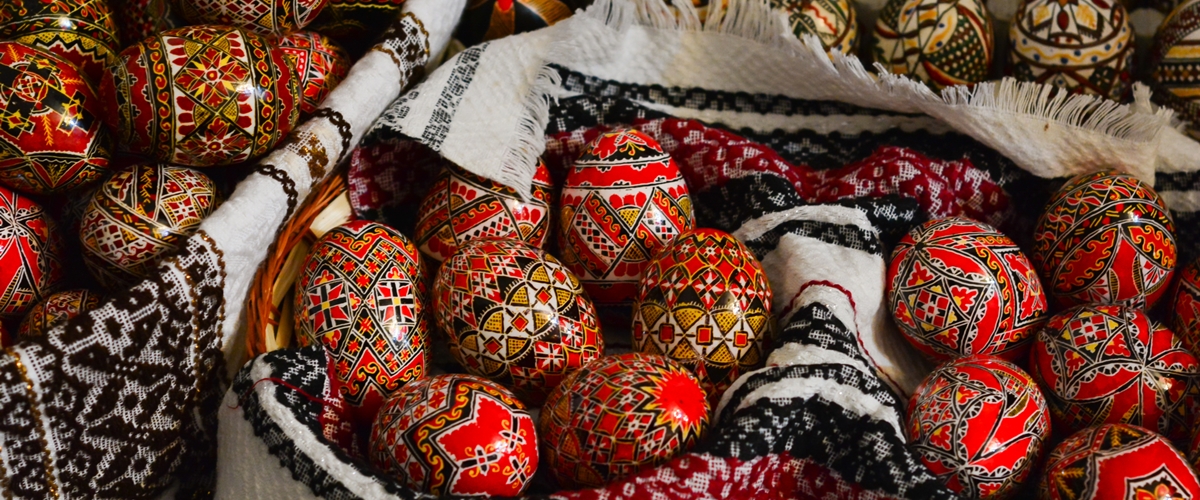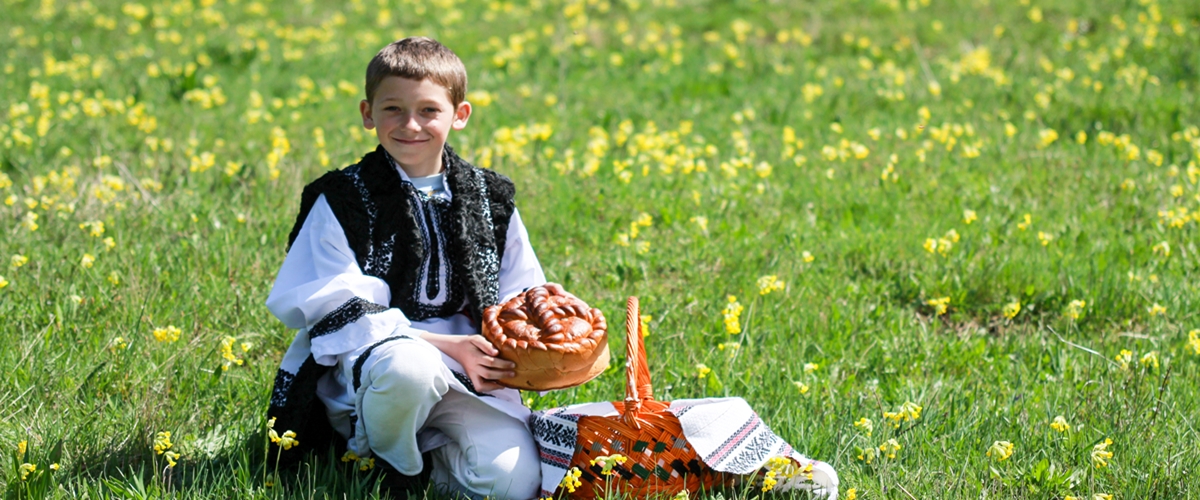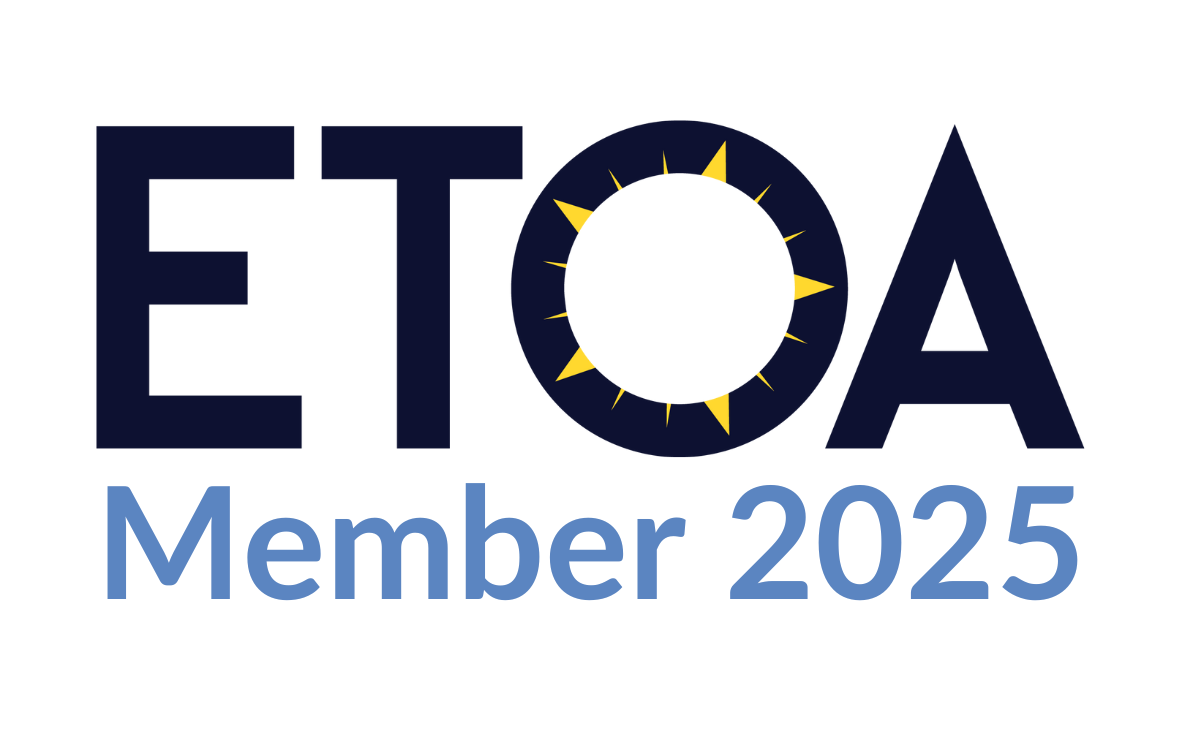
 Credits
Credits

 Credits
Credits
- Home
- Easter in Romania
Easter in Romania
Easter is certainly the most significant Christian celebration. From the religious perspective, it represents the Lord Jesus' resurrection from the grave. It is a long-awaited celebration after a long winter since it lines up with spring. Easter is always on a Sunday. Orthodox Easter is a national holiday.
Everyone has the day off, while schools and most businesses are closed. In the older Romanian world, the work on the exterior of the house began with Joia Mare (Big Thursday). The lambs or piglets were slaughtered, the yard and roadway in front of the home were swept and the festive clothing was prepared.
Easter services are held at many churches around Romania. Families and friends come together for an Easter lunch or dinnertime, and which includes the following foods: decorated eggs, lamb meat, especially drob (haggis made from lamb organs and vegetables), Pască (filled with cheese and raisins pound cake), another type of Cozonac, cabbage rolls, red wine. The decorated and ornamented eggs are known as "oua incondeiate", "oua impiestrite", or "oua inchiestrite" in Romania.
During Easter, it is usual to knock each other's eggs, and it is thought that those who do so will meet each other again after death. Red is one of the most prominent colours used to paint Easter eggs because it represents Jesus' blood when he was crucified. The Easter candles used at a religious ceremony are maintained afterward because they represent protection.
People go to church and attend the ceremony on the night of the Resurrection. Those who do not go are said to become ill and spend the entire year till Easter in weaknesses and sicknesses.
One of the procession's customs is to round the church. Every member of the community holds a candle, which they burn from the priest's flame.
When you go into a man's house on or after Easter, you must say, "Christ is risen"( „Hristos a înviat”). The other will respond, "Truly, he has risen"( „Adevărat a înviat”).

Adventure, bike and eco tours
Wine and gastronomy tours
Adventure, bike and eco tours
Wine and gastronomy tours


.png)




